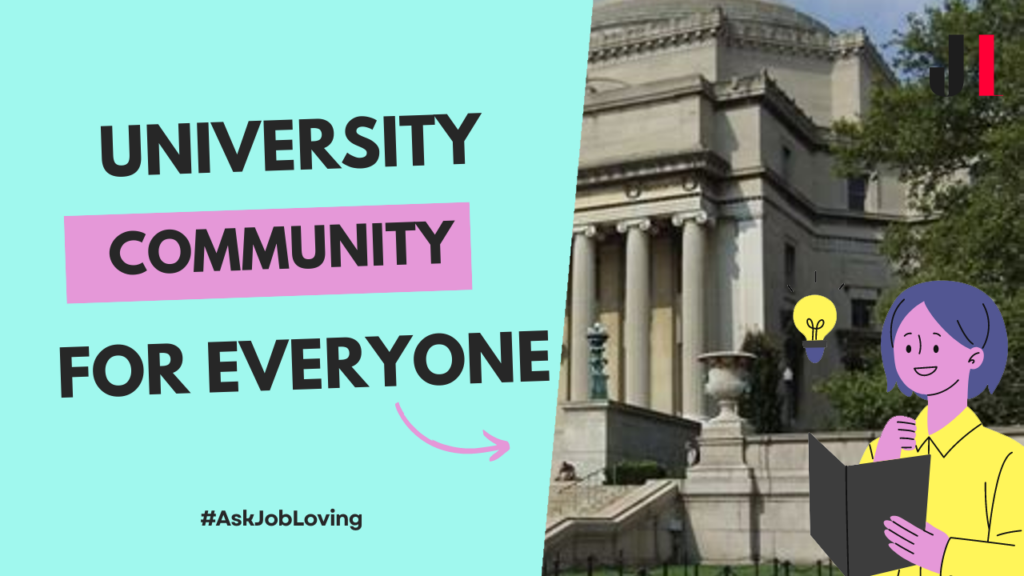Is Columbia University Named After Christopher Columbus?
Absolutely! Columbia University does indeed trace its name back to Christopher Columbus. Originally founded as King’s College in 1754, the institution underwent a name change in 1784, adopting “Columbia” as part of a broader patriotic aspiration following the American Revolution. This rebranding aimed to reflect values of liberty and independence, which were significant to the emerging nation at the time.
The term “Columbia” serves as a symbolic reference to Columbus and embodies the spirit of exploration during the age of discovery. In fact, “Columbia” translates to “Land of Columbus,” making the connection clear. Interestingly, while the university shares its name with the country of Colombia in South America, they aren’t directly related beyond their common homage to Christopher Columbus.
There’s often some confusion between “Columbia” and “Colombia.” While both names derive from Columbus, they are spelled differently and represent distinct entities. Brazil, for instance, uses “Colombia” with an ‘O’ because that’s how Colombian citizens refer to their nation. It’s a fascinating linguistic twist! Furthermore, Columbus’s name varies across languages; for example, his Italian name is “Cristoforo Colombo,” showing how names can morph depending on cultural contexts.
Conclusion
So, yes, Columbia University is indeed named after Christopher Columbus. The name reflects a historical nod to exploration and discovery while resonating deeply with ideas of nationhood in post-revolution America. This interesting connection sparks many questions about our history and the way language plays a role in shaping it. If you have more inquiries about Columbia University or need help navigating this captivating topic, feel free to connect with us at the JobLoving community. We’re here to help!

